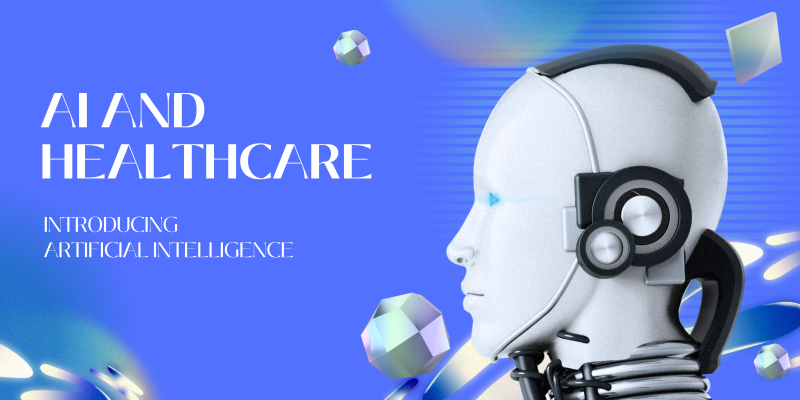
Relevant Articles:
1. "Challenges in Clinical Pathway Management: Navigating Complexity for Improved Patient Outcomes" - An exploration of the complexities and challenges in clinical pathway management, focusing on issues related to variability, outdated protocols, and the need for more personalized and adaptive approaches.
2. "The Role of Artificial Intelligence in Healthcare Decision-Making" - A comprehensive review of the potential applications of artificial intelligence (AI) in healthcare, emphasizing its role in data analysis, predictive modeling, and personalized treatment planning.
3. "Case Studies on AI Integration in Clinical Pathways: Improving Efficiency and Patient Care" - Examining real-world examples of healthcare institutions that have successfully integrated AI into clinical pathway management, showcasing improvements in decision-making, resource utilization, and patient outcomes.
Solution:
The integration of artificial intelligence into clinical pathway management offers a transformative solution to the challenges faced in healthcare decision-making. By leveraging AI algorithms for data analysis, risk prediction, and treatment optimization, healthcare providers can tailor clinical pathways to individual patient needs, leading to more efficient and effective care.
Aim of the Dissertation Project:
This dissertation project aims to optimize healthcare decision-making by proposing an AI-driven approach to clinical pathway management. The project will focus on:
1. Analysis of Challenges in Clinical Pathway Management:
- Conduct a detailed analysis of the current challenges in clinical pathway management, emphasizing issues related to variability, outdated protocols, and the need for more personalized and adaptive approaches.
2. Exploration of AI Applications in Healthcare Decision-Making:
- Explore the potential applications of artificial intelligence in healthcare decision-making, including data analysis, predictive modeling, and treatment planning. Highlight the capabilities of AI in addressing the complexities of clinical pathways.
3. Development of AI-Driven Clinical Pathway Models:
- Propose models for integrating AI into clinical pathways, emphasizing personalized and adaptive approaches. Develop algorithms that can analyze patient data, predict outcomes, and optimize treatment plans based on individual characteristics.
4. Case Studies Demonstrating Successful AI Integration:
- Showcase real-world case studies where healthcare institutions have successfully integrated AI into clinical pathway management. Highlight improvements in decision-making, resource utilization, and patient outcomes.
5. Stakeholder Perspectives and Ethical Considerations:
- Evaluate the perspectives of healthcare providers, patients, and regulatory bodies regarding the integration of AI in clinical pathways. Address ethical considerations and potential challenges associated with AI-driven decision-making.
6. Implementation Guidelines and Training Strategies:
- Develop practical guidelines for the implementation of AI-driven clinical pathway management. Provide recommendations for training healthcare professionals to effectively utilize AI tools in decision-making.
Conclusion:
This dissertation project aims to revolutionize healthcare decision-making by proposing an AI-driven approach to clinical pathway management. By addressing challenges, developing AI-driven models, and presenting real-world success stories, the project seeks to contribute to the advancement of personalized and efficient patient care.
Add comment
Comments